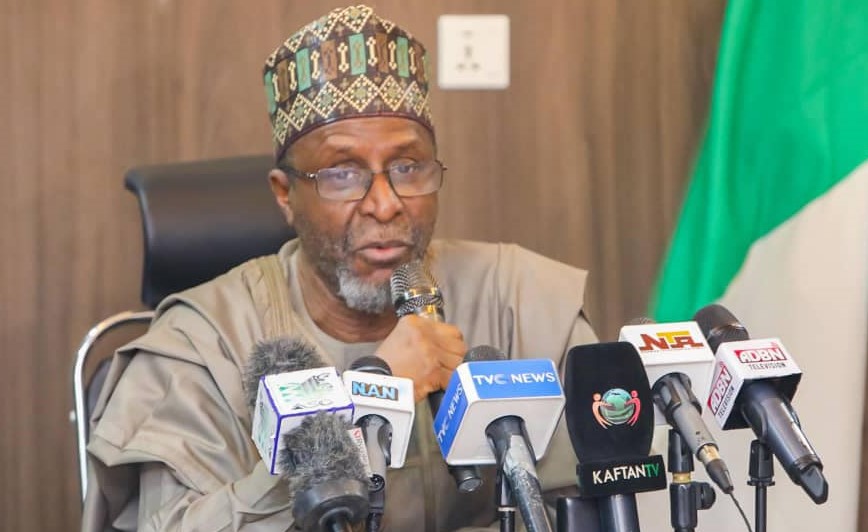Ishaq Salako, minister of state for health and social welfare
Ishaq Salako, minister of state for environment, says Nigeria will explore the latest advancements in bio-risk management to enhance safety in the environment.
According to NAN, Salako spoke in Abuja on Monday at a two-day training on bio-risk management organised by the National Biosafety Management Agency (NBMA) and health security partners.
Bio-risk management is the effective management of risks posed by working with infectious agents and toxins in laboratories.
The management includes a range of practices and procedures to ensure the bio-security, bio-safety, and bio-containment of infectious agents and toxins.
Advertisement
The minister said the training on bio-risk management would offer the stakeholders the opportunity to gain insights known to safeguard the environment.
He said the training was also necessitated by the challenges posed by emerging diseases, bioterrorism threats, and the potential consequences of accidental laboratory releases.
“We will learn from one another; gain insights from renowned experts; and ultimately emerge as leaders who are better equipped to safeguard our environment and protect the well-being of our people,” he said.
Advertisement
“I want to stress the significance of a multidisciplinary approach to bio-risk management. Bio-risk management is a subject of paramount importance in our rapidly changing world.
“Our ability to effectively address these challenges relies on our collective commitment to education, preparedness, and strong leadership in this field.
“Today, as we embark on this journey of learning and collaboration, I want to emphasise the critical role that each of you plays in ensuring the safety of our environment, the health of our citizens, and the security of our nation.
“The challenges we face cannot be tackled in isolation; it requires a collective effort from scientists, regulators, policymakers and all those responsible for the safety of our environment and health.”
Advertisement
Also speaking, Agnes Asagbra, NBMA director-general, said the workshop would come up with the latest scientific advancements and best practices for regulation.
She said the workshop would help stakeholders to understand the impact that bio-risks could have on ecosystems, economies, and the health and well-being of citizens.
“Bio-risk management is not merely an academic or theoretical exercise; it is a real-world imperative that carries profound implications for the safety of our environment, the protection of human health, and the security of nations,” Asagbra said.
“In today’s rapidly changing landscape, it has become abundantly clear that our capacity to respond to bio-risks is a defining characteristic of our resilience and preparedness.
Advertisement
“I therefore stand before you with a sense of immense responsibility; one that reflects the gravity of the challenges we face and the trust placed on us by our country and society.’’
Advertisement
Add a comment






